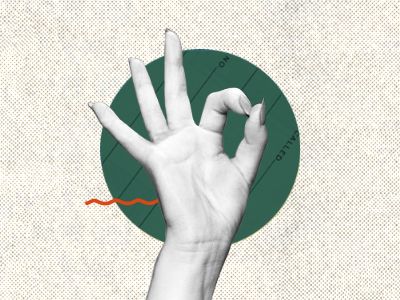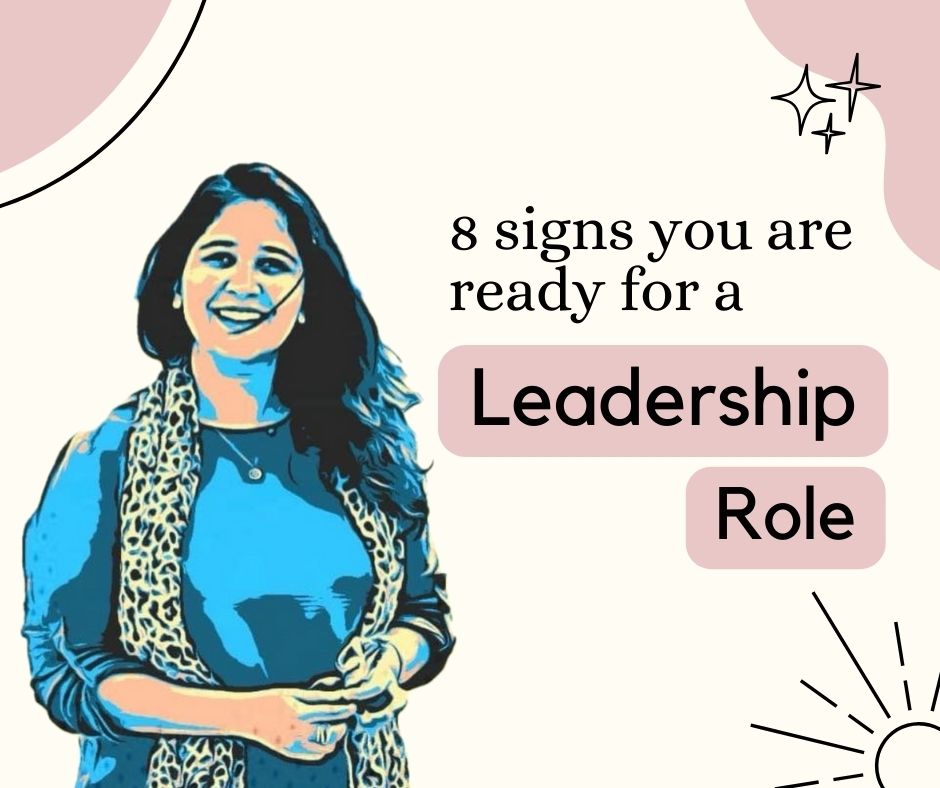
Disclaimer: The use of word ‘desi’ does not intend to show any spite against a certain group of people. I’m a desi myself. The use of this word is purely to classify our Pakistani household setups.
I’ve recently become a Quora fan. The best thing about the world famous question-answer app is that it’s very quick to detect trending topics. I’ve subscribed to its mailing list which brings you a list of handpicked questions.
I may have searched once or twice about narcissistic behavior but since then, all the emails I get has this topic. Is everyone dealing with a toxic person these days? I’m afraid so.
Is everyone dealing with a toxic person these days?
I can back up this theory with the kind of posts I see on social media. Women often turn to private groups and talk about controlling people under the guise of anonymous posts. These women do not talk about those people openly because they are already in a position of power in their lives which just shows how many, just how many suffer silently.
What is Desi Household Narcissism Syndrome after all?
Before I begin, I have to clarify that this isn’t a medical or a scientific term. It is purely a term I coined for the sake of clarifying my point in this post.
The Desi Household Narcissism Syndrome can be observed in many households where one or more members of the household assume their right of being the decision makers for everyone.
While biological mothers and fathers have the right to exercise this power, with kindness and fairness, this Syndrome becomes problematic when people who really should be minding their business, act like everything’s their business.
These privileged members of the family also assume their (very important) role in everyone’s lives and they do not back off from hurting the sentiments of the others while at it.

Families that have members who exercise this self imposed power play run a risk of going off-balance because it disturbs the roles and rights of everyone else too.
An important trait of the person exercising this kind of control is that this care and control is often mistaken as love, often in the own eyes of the person who is doing it.
This article will talk about this very thin line between love and a need to control.
Is narcissism always oppressive?
Narcissism isn’t always negative. It isn’t always one person grilling the other person down, or controlling them, or actively engaging in personality-crushing activities, it can also be an overly possessive wife, or an overly caring sister, or a father who constantly dictates, and so on. All in the name of love. The permutation is a very long list.
Narcissism can also be in the form of love that’s overpowering. Or, suffocating.
Love can suffocate.
Love does not cripple
It’s very hard to let go but it is inevitable. You cannot hold on to people and really have them. A wife who is overly possessive of her husband will most probably soon find her husband finding short breaks away from her. A mother who cannot step back once a significant other comes into her son’s life is on a recipe for domestic disaster.
It might offend you that this post discusses women majorly. That’s because I’m a woman myself and I understand how to the need to control work in women. Too many times, women have been responsible in making men weak, either by constantly doubting their life decisions for themselves, or by attempting to dictate them left and right.
The boundaries of love
Love is hard. It is really hard.
The love we share for our family is the hardest form of love because it involves a continuous process of letting go, forgiveness and then, kindness.
For example, if my brother isn’t doing well in life, then as a sister, I have two choices. One, to be hard on him till he realizes his mistakes and makes amends. Two, to love him mindlessly and keep making things easy for him with no realization on his part. I will choose the first option because love should help one grow, not cripple someone with ignorance.
Is it love, or narcissism?
Let’s be honest. Women want a place of their own. Their idea of a home is a place which they can run. Doing that in your own home is how the world works, but trying to cross boundaries into other people’s lives will cause nothing but heartache for many people involved.
If we truly wish happiness and peace for the people we call family, it is important to step back a bit. This applies to all sorts of relations. We need to control our desire to control. It’s just as simple as that.
Love becomes more of narcissism when:
- You want to be the decision maker.
- You feel the need to correct everything in their lives.
- They need you. Or so you think.
- They need to keep you in the loop. Or so you think.
- You constantly feel the need to check up on them every five minutes.
- You do not have confidence in their decision.
- You know what’s best for them. Or so you think.
- You have an advice for every problem and they surely need it. Again, according to what you think.
The above list shows you an approximate on how we usually function in the name of love. Unless you are their biological mother, you don’t need to be someone who is practically “hovering” around others.
Unless you are their biological mother, you don’t need to be someone who is practically “hovering” around others.
If you qualify for roughly five or six points from above, then re-assess your stance in this relationship.
How to stop being a narcissist in someone’s life?
You want the easiest answer? Okay. Simply step back.
Yes, just that. I know it sounds so hard to do, and honestly that is exactly why you must do it.

Let them decide:
I know, I know, you think it’s important for you to be there, to help guide and all, but you see that is the whole point.
- People are capable of taking care of their own business.
- Either that, or they learn to do it.
When we say love is hard, it also means letting go people so that they find their footing and ultimately their place under the sun.
A love that is incapable of seeing long term benefit for someone’s life isn’t love to begin it. Love empowers, does not cripple.
Respect boundaries:
Setting boundaries is healthy in all relationships. This includes all sorts of boundaries, for example,
- not discussing matters that are too personal
- not giving free advice, especially when not asked
- not asking invasive questions
Constantly assess if something pertains to you directly or not? Were you made to feel welcome to give your advice? Is it your decision to make or someone else’s?
Control your need to control
As women, we lose sight because we are nurturers at heart. While we care a lot for people, part of this caring attitude is also to be mindful of when we go overboard.
—
As women, we love, care and nurture. We are working hard and tirelessly every single day. Let this be an eye opening day for us when we sit and think about how many people we have hurt in the name of love. We cannot make love a reason to trample over our own families… indeed we love them too much to ever do that.
Let’s be mindful of our actions, let’s be mindful of when to not cross the line. Let’s love the hard way: the way not many can do.
[adinserter block="1"]
Editor's Pick
Leave A Comment
Comments are closed.





Applause!